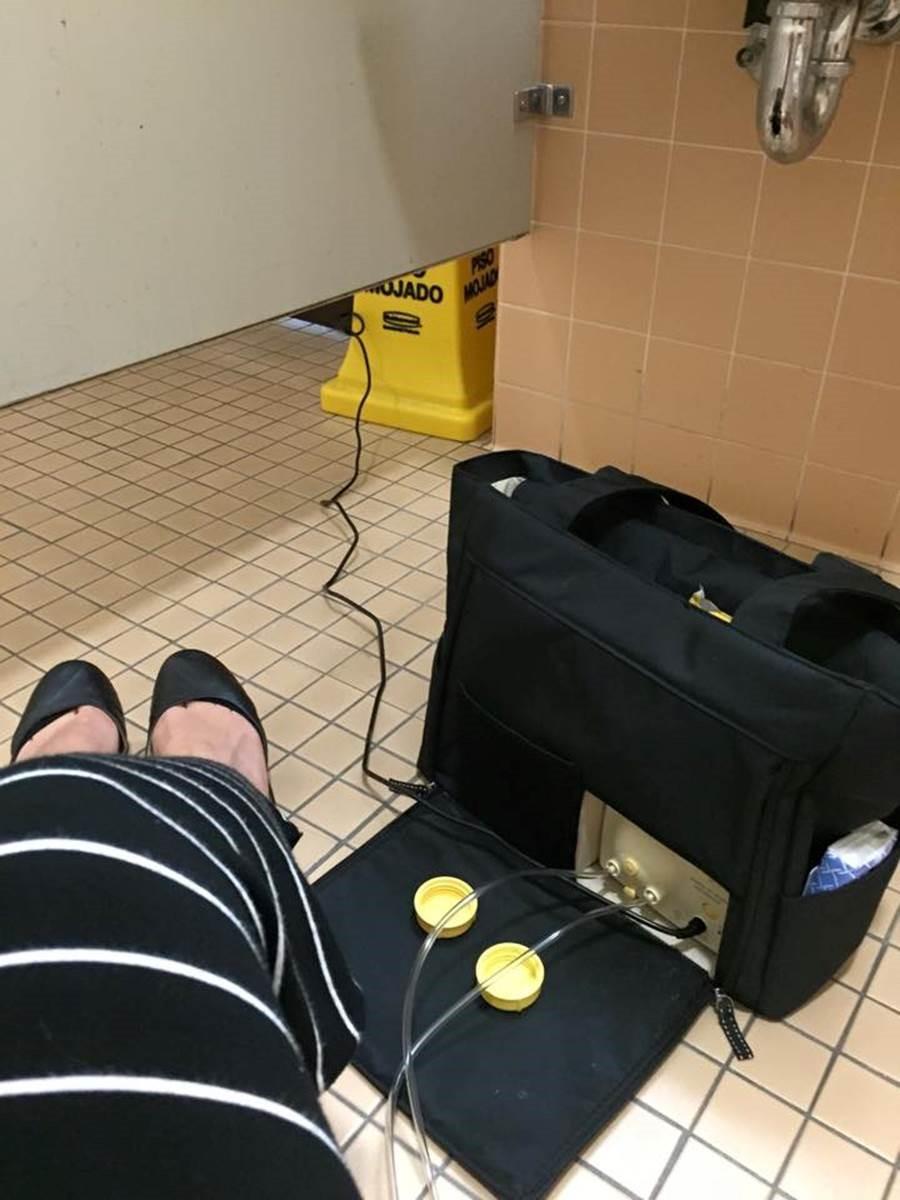Why Women Really Quit Breastfeeding
When we talk about the reasons mothers quit breastfeeding in the early weeks those reasons are pain and worried about having enough breastmilk. However, after about 7 weeks or so, most of these issues have worked themselves out with time or by getting some expert help from an IBCLC.
 But then comes the next big challenge just as things are getting easy.
But then comes the next big challenge just as things are getting easy.
Returning to work.
In the new Haper’s Bazaar article they discuss the lack of support for families who are working in white collar jobs. These are women who often have decent maternity leave and are well educated. The bottom line is these families need time and a place to pump. They are not asking for much! Of course having more would be better but as you read the article you find that we are willing to try and make it work. We shouldn’t have to but we do because we want what is best for our babies.
One point that has been talked about over and over again is that women shouldn’t have to pump in the bathroom. While I agree, I also think there are different levels of bathrooms. Some bathrooms are places that no one should ever be in they are so dirty and disgusting. Some are like fancy resorts! I also have written a blog about how having a lock on the door for safety and privacy may be more important to families than pumping in a clean bathroom with table space. Safely is important and the act of pumping your breasts makes you vulnerable because of needing to expose your breasts to do so.
 In my practice, I’ve found that five things can sabotage a mother’s ability to continue breastfeeding after she returns to work: Starting out with breastfeeding not working well, lack of information and support, milk removals not working well, lack of paced bottle feeding, and a mother’s daily milk removals reducing over time are the most common culprits I have found in sabotaging a mother’s success in meeting her breastfeeding goals when returning to work. Providing information about these issues may help a mother head off trouble before it starts or at least help her quickly identify when she is moving down a slippery slope and can greatly increase her odds of having the breastfeeding relationship she dreamed of before returning to work.
In my practice, I’ve found that five things can sabotage a mother’s ability to continue breastfeeding after she returns to work: Starting out with breastfeeding not working well, lack of information and support, milk removals not working well, lack of paced bottle feeding, and a mother’s daily milk removals reducing over time are the most common culprits I have found in sabotaging a mother’s success in meeting her breastfeeding goals when returning to work. Providing information about these issues may help a mother head off trouble before it starts or at least help her quickly identify when she is moving down a slippery slope and can greatly increase her odds of having the breastfeeding relationship she dreamed of before returning to work.
But if she can’t find a place or be given time to empty her breasts, these are less important.
This article was about women returning to work who have education and support. What about the families who are working blue collar jobs? Can you imagine how difficult returning to work must be for them?
At The Breastfeeding Center of Ann Arbor we offer going back to work consultations, blogs and podcasts about working and breastfeeding, and many other resources. You don’t have to do this alone. If you are struggling with breastfeeding reach out and get help! I thought this article was well written and emphasized many barriers to breastfeeding but what about the solutions?
